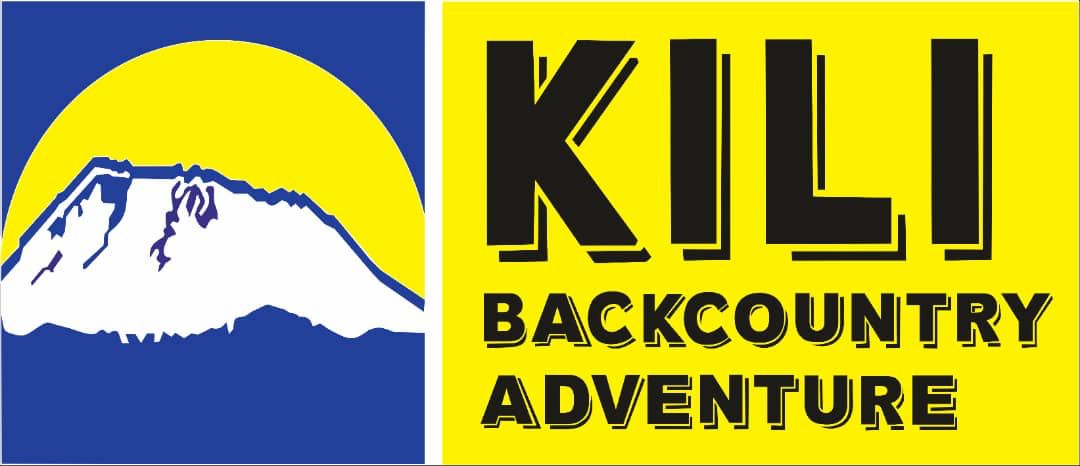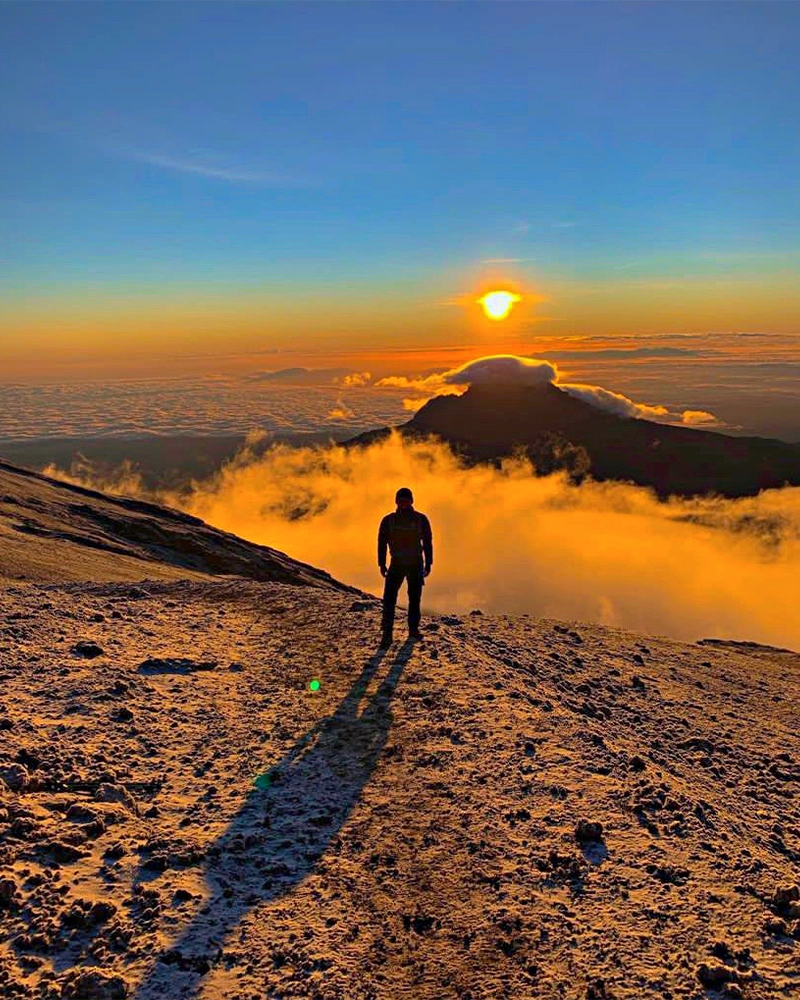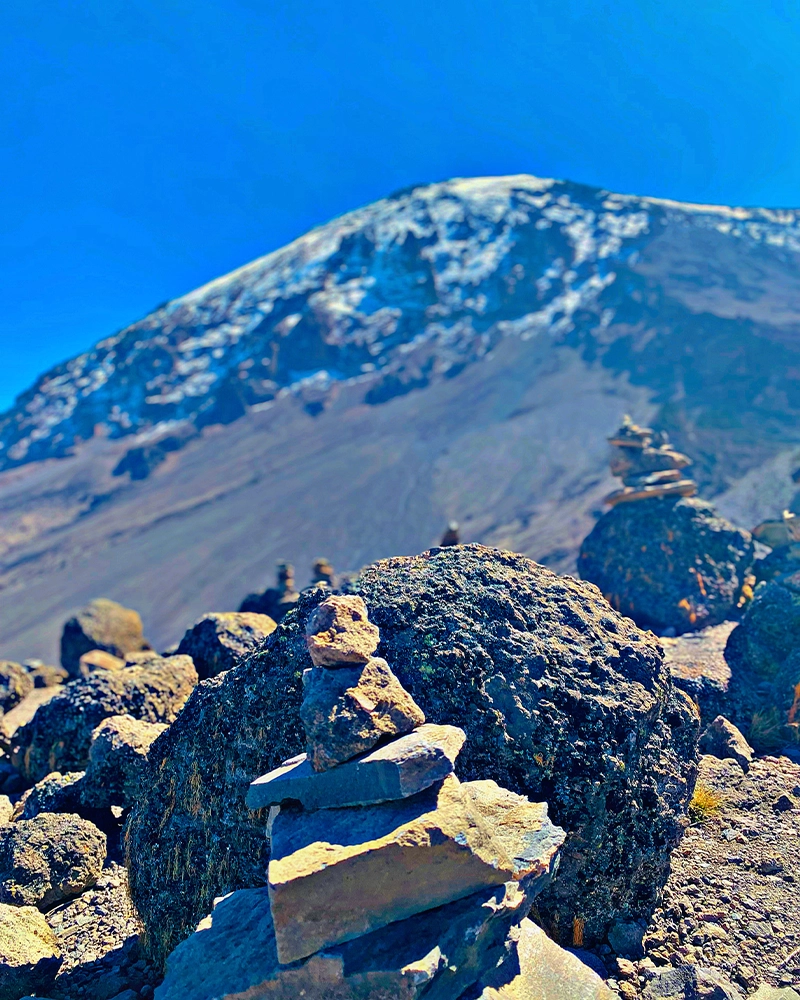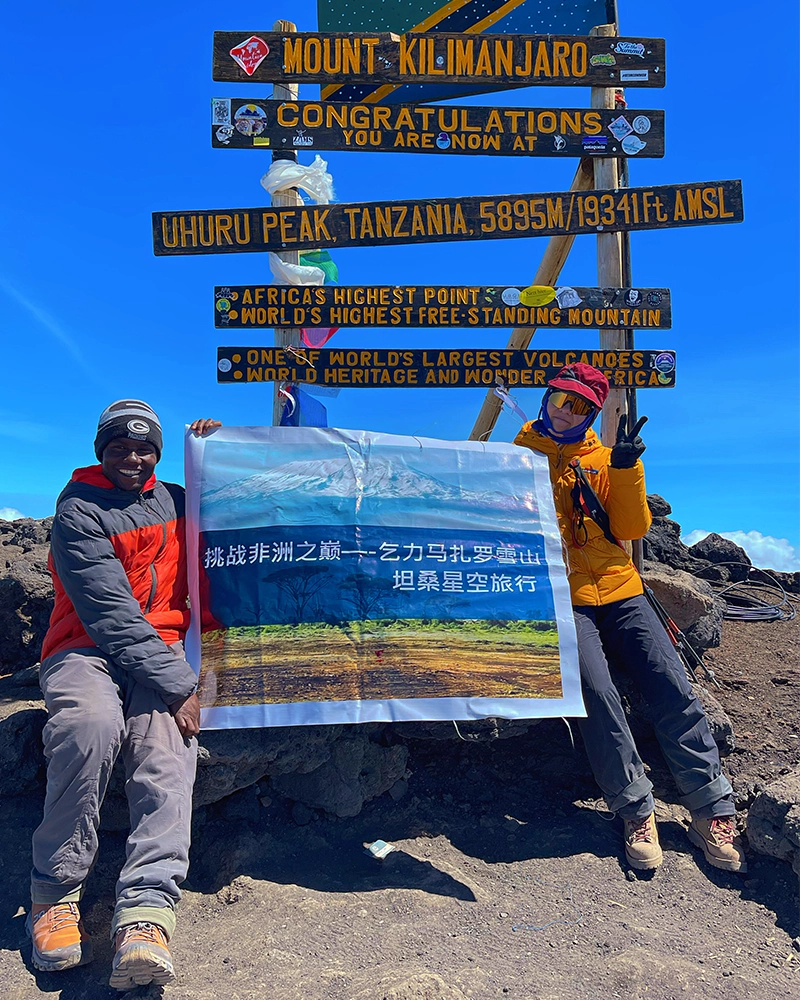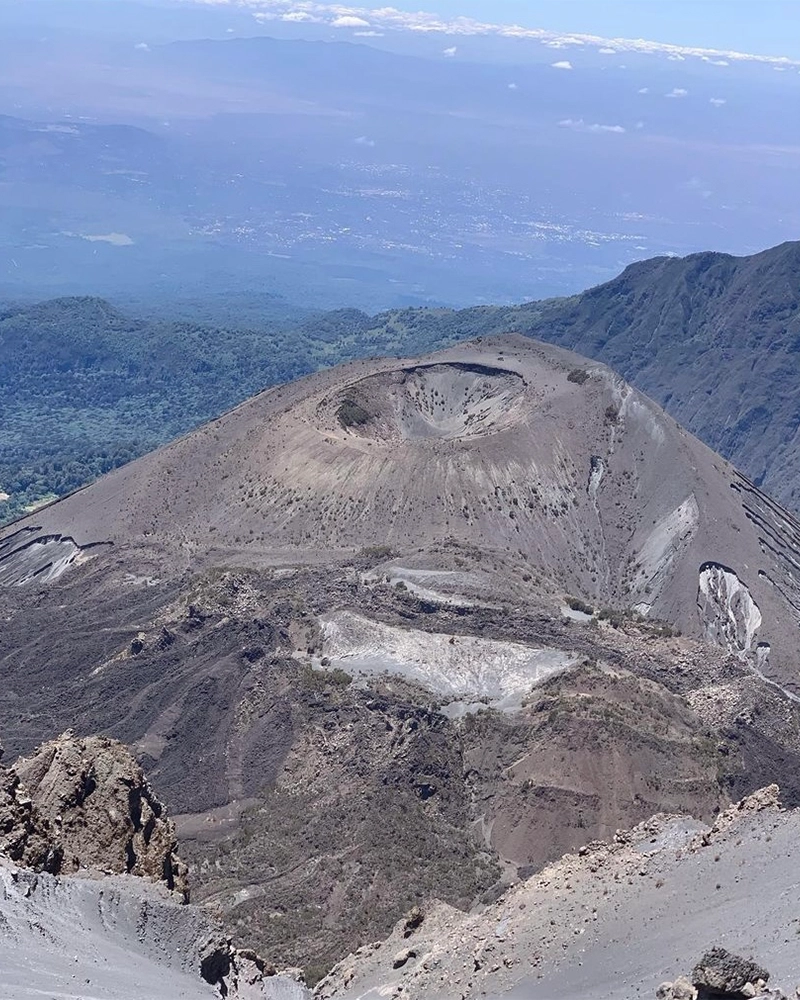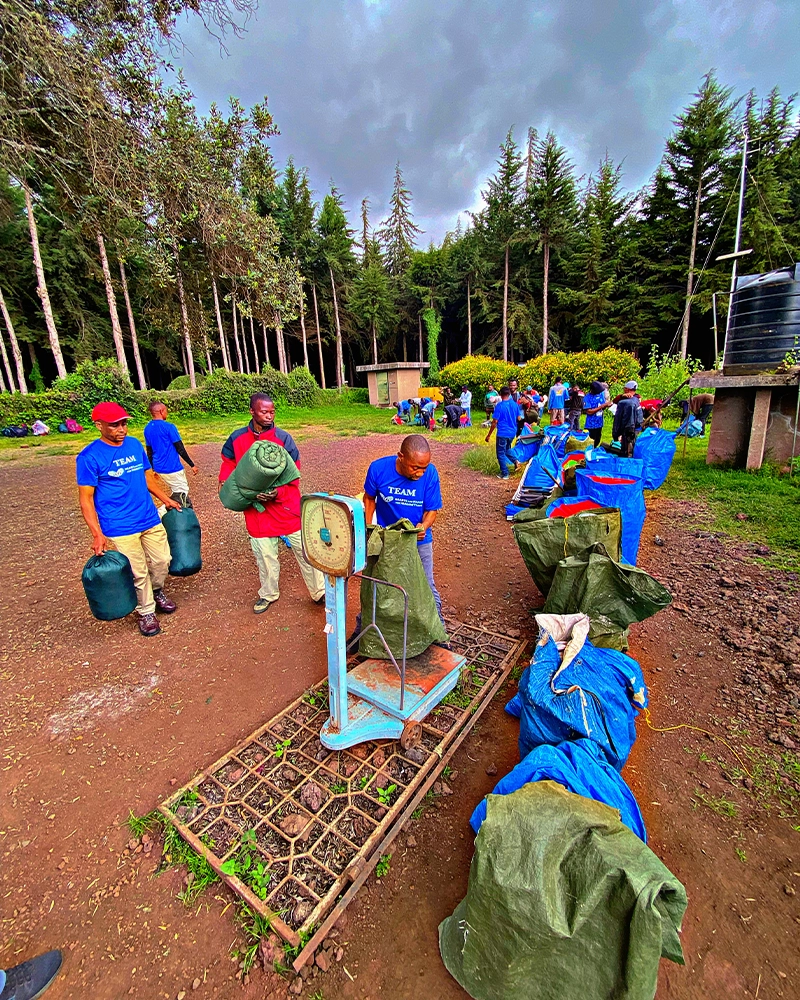Rongai Route Itinerary
We recommend the Rongai route to most climber.
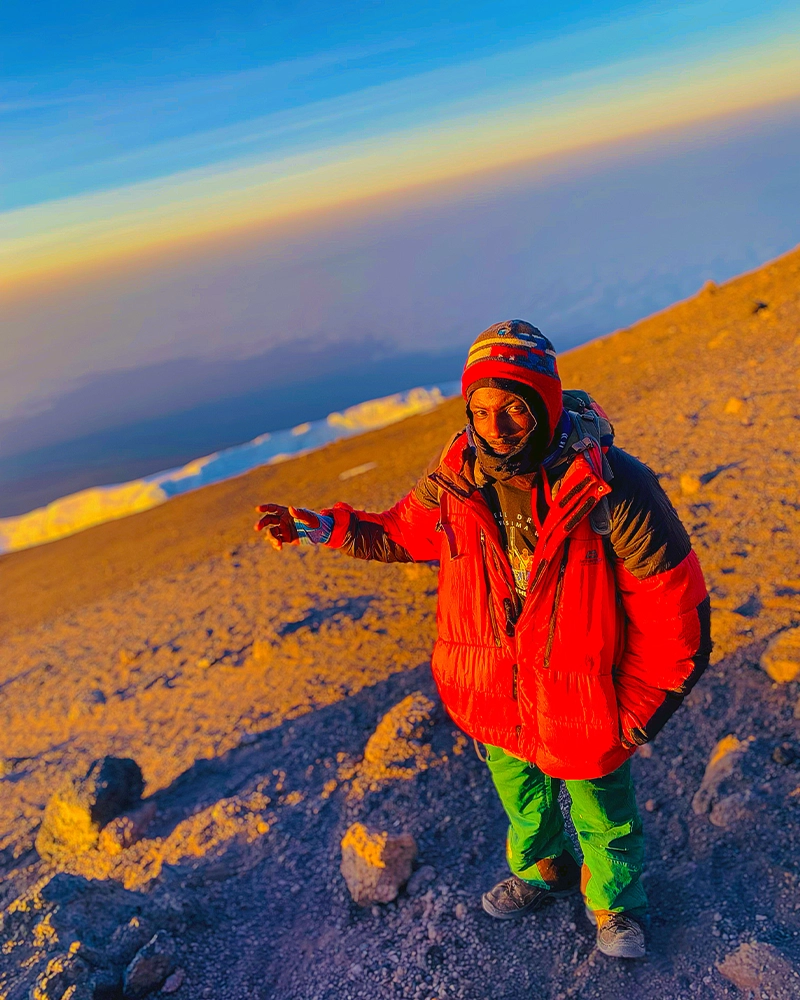
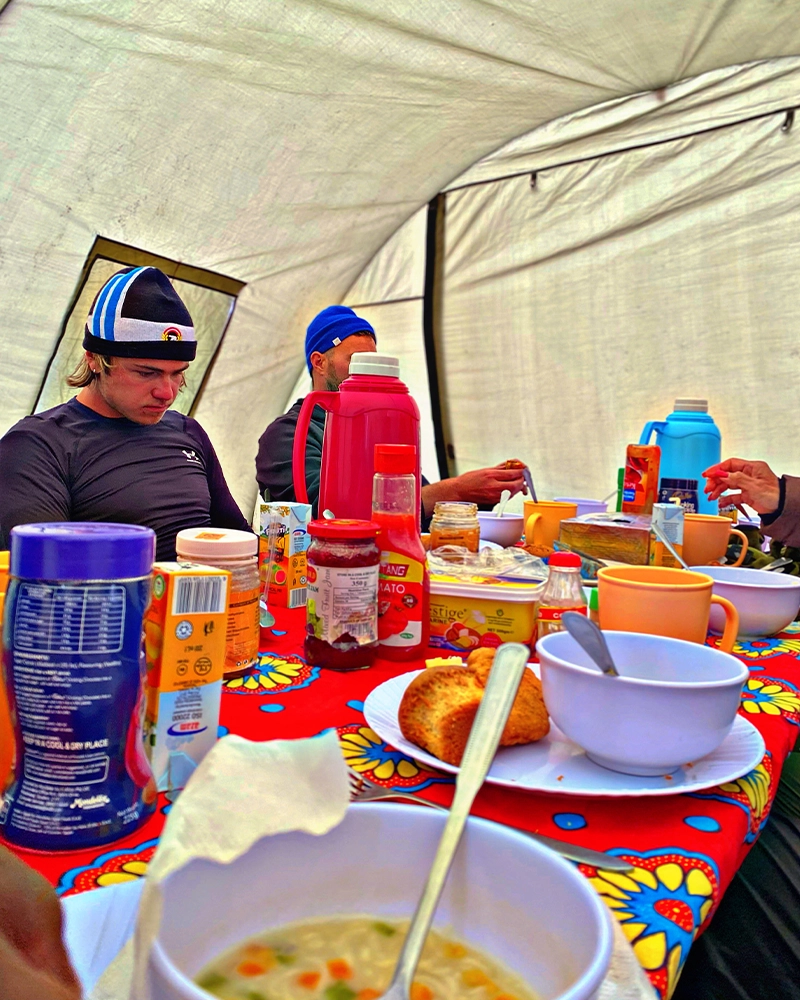
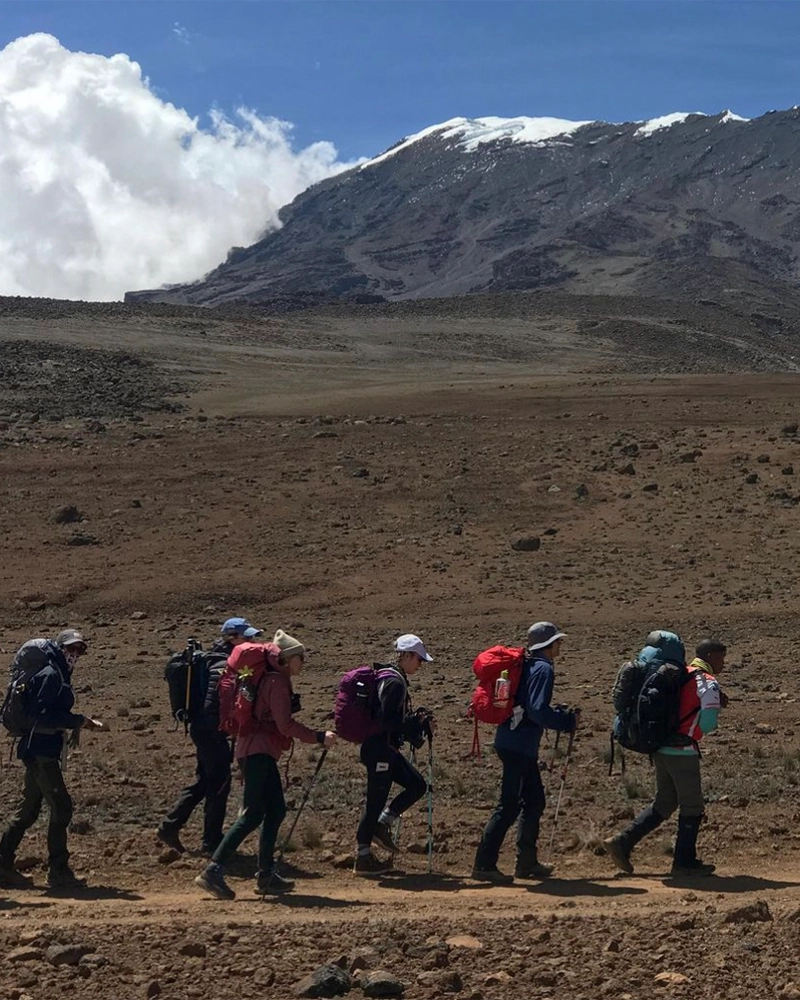
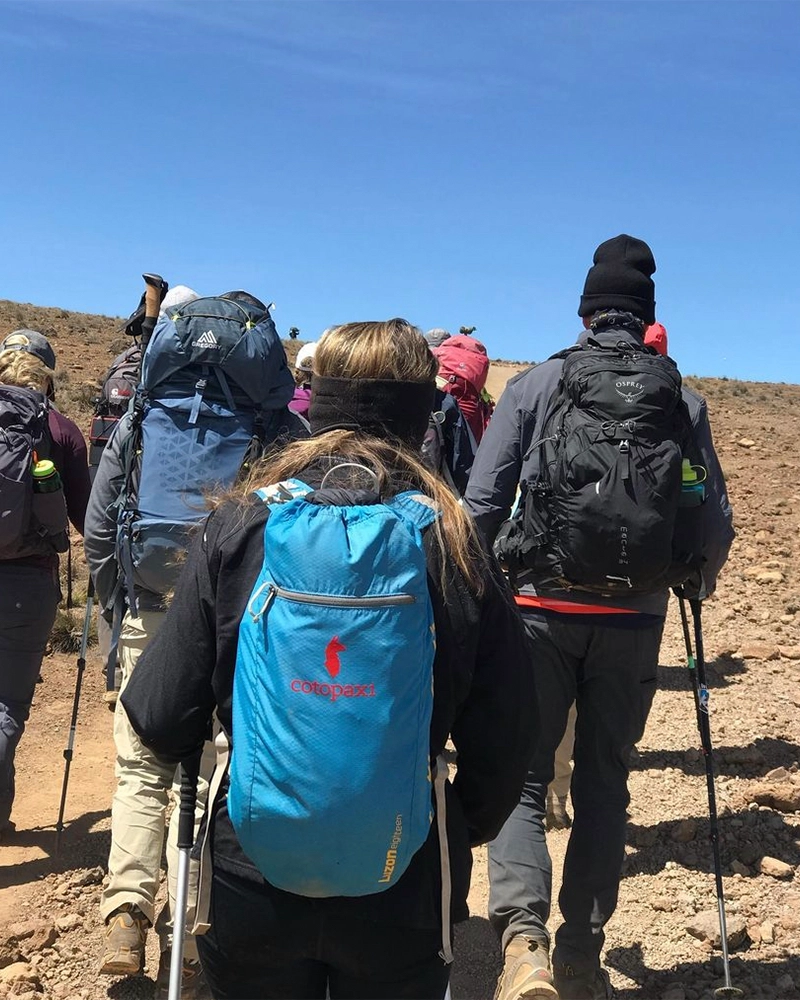
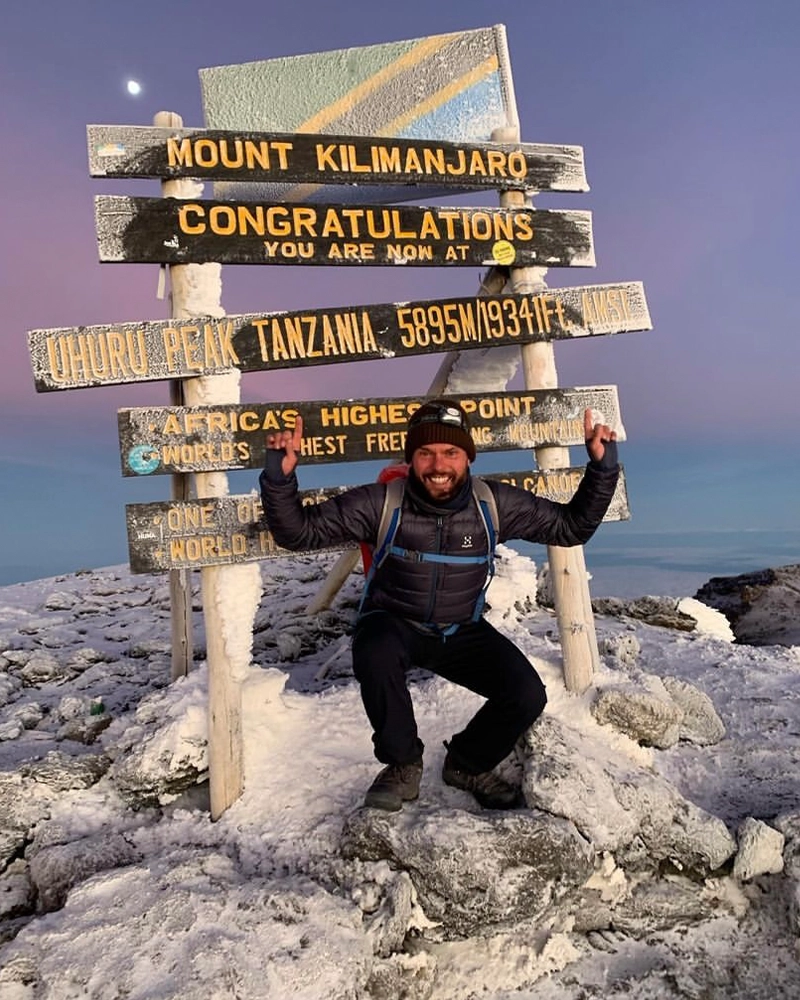
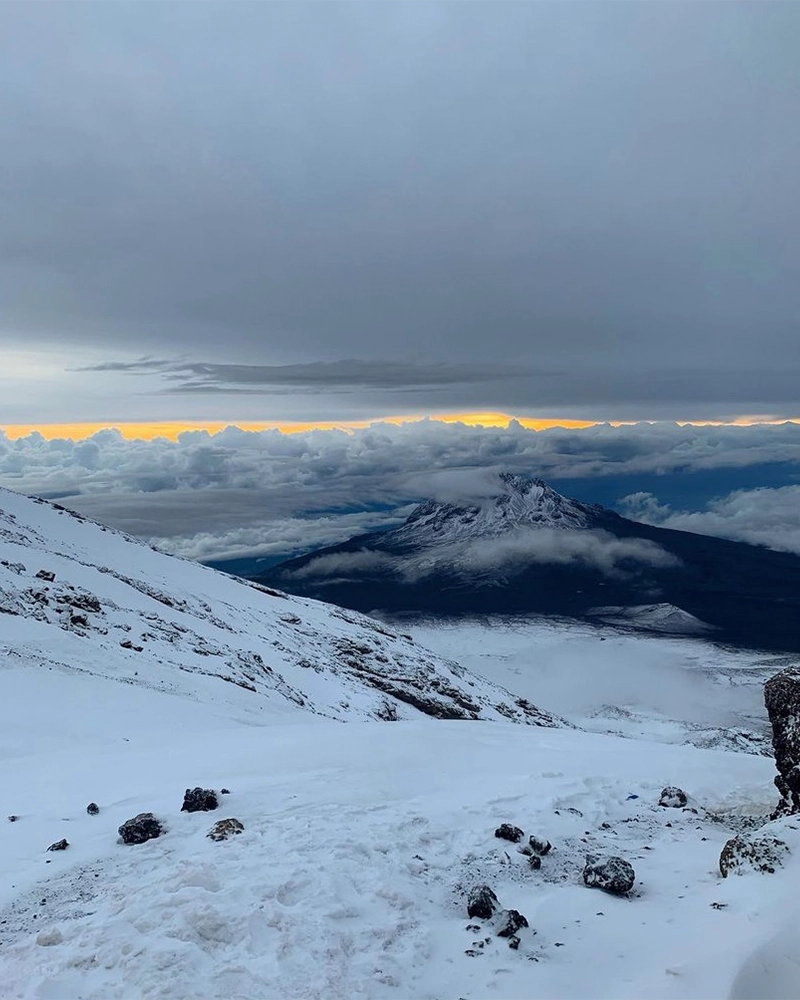
DAY 1
Arrive in Tanzania
Arrive in Moshi Tanzania through the kilimanjaro international airport (JRO), we will pick you at arrivals then drive to your hotel in Moshi for accommodation.
At the arrivals we will carry your name in a well printed paper so that you can easily recognize us.
At the hotel is where the final payment will be done, also pre-climbing briefing as well as the gear check.
DAY 2
Moshi – Rongai Gate (1950 m) – Simba Camp (2,600 m)
Trekking time: 5 hours
Distance: approx. 8 km
Vegetation type: Montane Forest
After breakfast from your hotel in Moshi, At 10am we will drive you to the Kilimanjaro National Park for not less than two hours. While officially registering for your climb at Rongai Start Point at 1950 meters. Our staff will do a final cross-check of equipment and supplies. The trek begins from the Rongai gate and follows the rainforest which is occupied by various wildlife. After 4-5 hours trekking, you will be welcomed with boiled washing water and some snacks before dinner is served in the mess-tent.
Overnight at Simba Camp (2,600 m) All meals include.
DAY 3
Simba Camp (2,600 m) – Kikelelwa Cave (3,600 m)
Trekking time: 6 to 7 hours
Distance: 9 km
Vegetation type: Moorlands
From the 1st Caves Camp start your day with a light breakfast, then you will arrive at the moorland vegetation type enclosed in heather. This trail will lead you towards the second Cave Camp (3,450 m), the place where you will have lunch. After lunch and some rest you carry on up to the third Cave Campsite (3, 600 m), (Kikelelwa Cave) the alternative name. 6 Days trekking is the best as it gives enough time for acclimatization.
By the time you reach the Kikelelwa Cave , porters will have already prepared a tent for you, hot water to wash & coffee/tea and snacks (same procedure as per previous day). The camp is surrounded by a bunch of small caves in a valley a bit below saddle. After dinner you will go to sleep get prepared of crazy cold at night.
Overnight at Kikelelwa Cave also known as the 3rd Cave (3,600 m). All meals include.
DAY 4
Kikelelwa Cave (3,600 m) – Mawenzi Tarn camp (4,330 m)
Trekking time: 3 to 4 hours
Distance: approx. 6 km
Vegetation type: Moorland
Light breakfast before starting your 3rd day at Kikelelwa cave. Start your hiking day on an easy and moderate slope, you will notice changes on landscape and the pass now is becoming steeper and soon you will reach Mawenzi Tarn Camp at the altitude of 4,330 m.
This is a very remarkable campsite as it is in a hollow beneath the sharp peak of Mawenzi which is close to a small lake. Arriving at the camp same procedures will follow as previous days, soon hot lunch will be served followed by some relaxing hours. You can use this afternoon for resting and exploring the areas around the campsite.
You can have some walks to a number of ridges and towers in this area which will possibly offer a stunning view of Kibo. For a great acclimatization and for amazing views of Mawenzi this is the right place. Enjoy the magnificent sunset from you campsite then dinner and overnight.
Overnight at Mawenzi Tarn Camp (4,330 m)
DAY 5
Mawenzi Tarn Camp (4,330 m) – Kibo Hut (4,700 m)
Trekking time:4 to 5 hours
Distance: approx. 9 km
Vegetation type: Alpine desert
After a light breakfast you will start your today’s program by hiking over a small ridge before having an easy walk on a nice path that is on the northern part of the saddle. With a good weather views around this area is wonderful. The vegetation type that will dominant the today’s walking is an alpine desert furnishing with some hardly grasses and occasionally everlasting flowers.
At this juncture Rongai route will adjoin Marangu route when reaching the saddle in-between Mawenzi and Kibo. The pass to the summit at this point is as the same as from Marangu route. The final part of today’s hike that leads to Kibo hut is steeper. Reach Kibo hut at 47,00 m during lunch time. Hot water to wash & other procedures will follow, get enough rest and some acclimatization and be ready for the final part of your Kilimanjaro trekking Rongai route 6 days.
On this day dinner will be served early but before or after dinner your guide will give you a detailed briefing of your final push to the summit. Go to bed early & try to get enough sleep as this is your big night at Kilimanjaro but before bed you should have prepared everything needed for your final ascent. Things needed for your final attempting to the summit are thermal clothing, ski-stick, and thermal flask for water, don’t forget to put in replace your headlamp and batteries.(guide will remind you during briefing).
Overnight at Kibo Hut (4,700 m). All meals included
DAY 6
Summit Attempt. Kibo Hut (4,700 m) – Uhuru Peak (5,895 m) – Horombo Hut (3,720 m)
Kibo Hut (4,700 m) to Uhuru Peak (5,895 m) to Horombo Hut (3,720 m)
Trekking time: About 8 hours to Uhuru and 6 hours to Horombo
Vegetation type: Stone scree / ice-cap summit
Distance: approx. 6 km ascent and 21 km descent
The summit day on Rongai Route, the wake up time will be at around 23:00 to 23:30. Have some biscuit and tea before you start, you will firstly hiking through a very rough path with rocky passing Williams Point at an altitude of 5,000 m, Hans Meyer Cave at 5,150 m and Gillman’s Point at an altitude of 5,681 m situated on the crater rim.
To reach Hans Mayer Cave from Kibo hut you will need almost two and a half hours. Gillman’s Point is not that far from Hans Meyers Cave, it is in a distance of about an hour. To reach the summit from Gillman’s Point is about 1.5 hour walking distance.
The remaining of the climbing is normally covered with snow and a walking is along the rim of the crater all the way to Uhuru Peak. On the way to Uhuru Peak you will pass Stella Point stands at an altitude of 5,752 m; this point is where the other routes reach the rim. Now you are almost at the summit but might be very challenging. Congratulation you have made it to the roof of Africa via Rongai route 5 days of tough hiking.
At Uhuru Peak you should not expect to spend much time, few minutes will be enough in such an altitude, so you may expect to take some pictures before starting your way down. Now it is the time for descent back to Kibo hut 4,700 where your lunch is to be served. Arriving at the base camp around afternoon, change clothes plus one hour laying down then wake up for a nice lunch and continue your descend to Horombo hut From Kibo hut, here you need about 3 hours to reach Horombo hut 3,720 m. At Horombo hut you will have a deep breath, good rest after your last dinner on Kilimanjaro
Overnight at Horombo Camp, All meals included
DAY 7
Horombo Hut (3,720 m) – Marangu gate (1,980 m) – Moshi
Trekking time: 6 hours
Distance: approx. 27 km
Vegetation type: low alpine zone and Montana forest
Once again you will be woken for your final celebratory break-fast where our team will thank and con-gratulate you in their unique, special way! This is also the opportunity for you to say thank you for their support and encouragement and show your appreciation by giving a tip. We continue our descent by passing Mandara Hut down to Marangu Gate where you will sign out. Then we will drive back to your hotel in Moshi but we will have one stop for a nice lunch at the souvenir shop, this is also where you will be presented with your certificate of achievement. After lunch you will dropped off at your hotel, where you can relax under a long, well deserved hot shower.
Accommodations in Moshi
DAY 8
Sadly leaving Tanzania
If you don’t plan another tour in Tanzania you will check out at your hotel then we will drive you to the airport on time to catch your flight back home.
DAY 1
Arrival day
This is the day that you will be arriving in Moshi Tanzania, East Africa through the Kilimanjaro international airport [JRO]. At the arrivals we will be carrying your name on a well printed paper so that you can easily recognize us. Our driver will be at the airport on time to pick you and take you to your hotel in Moshi for accommodation. At the hotel is where final payment will be done, also pre-climbing, as well as gear check.
DAY 2
Moshi to Rongai Gate to Simba Camp
6,398 ft to 9,300 ft, 5 miles, approx. 4 hours
After breakfast from your hotel in Moshi, At 10am we will drive you to the Kilimanjaro National Park for not less than two hours. While officially registering for your climb at Rongai Start Point at 1950 meters. Our staff will do a final cross-check of equipment and supplies. The trek begins from the Rongai gate and follows the rainforest which is occupied by various wildlife. After 4-5 hours trekking, you will be welcomed with boiled washing water and some snacks before dinner is served in the mess-tent.
Accommodations: Kilimanjaro Camping
Meals Included: Breakfast, Lunch, Dinner
DAY 3
Simba Camp to 2nd Cave Camp
9,300 ft to 11,300 ft, 4 miles, approx. 3-4 hours
You will be woken up after your first night on the mountain with a nice cup of coffee, tea or hot chocolate at 06:30am in your tent. After breakfast you start your climb on a trail continuing up towards Kibo. For most of the day you will be walking up slopes flanked with heather and erica with a nice view on the twin peaks of Kilimanjaro – Mawenzi and Kibo and your first glimpse of the ice fields on the Eastern crater rim. Once we approach second cave our cook will welcome you in the camp with boiled drinking water and hot washing water. You can put your feet up with some snacks and a hot lunch. After lunch, there is plenty of time to relax and enjoy the spirit of the camp and to take pictures.
Accommodations: Kilimanjaro Camping
Meals Included: Breakfast, Lunch, Dinner
DAY 4
2nd Camp to Kikelewa Camp
11,300 ft to 11,811 ft, 4 miles, approx. 3-4 hours
From Second Cave the path takes an abrupt south-easterly turn directly towards the jagged peak of Mawenzi. Traversing open moorland you stumble into Kikelewa Camp, situated by a couple of caves by the Kikelewa River with giant groundsels and lobelias flourishing nearby. The views start to open up and from Kikelewa Camp and you will see for yourself how huge Mt. Kilimanjaro is
Accommodations: Kilimanjaro Camping
Meals Included: Breakfast, Lunch, Dinner
DAY 5
Kikelewa Camp to Mawenzi Tarn Hut
11,811 ft to 14,160 ft, 3 miles, 4 hours
Though this stage to Mawenzi Tarn is relatively short at less than 4-5km and it is usually completed in the morning. The climb is also steep as you gain 660m, the path shedding the moorland vegetation as it climbs steadily. The Mawenzi Tarn Hut is situated in one of the most spectacular settings, in a cirque beneath the jagged teeth of Mawenzi. In the afternoon we offer you another walk up the ridge in the west for better acclimatization. If you are lucky and the sky is clear, you will enjoy fantastic views of Kibo.
Accommodations: Kilimanjaro Camping
Meals Included: Breakfast, Lunch, Dinner
DAY 6
Mawenzi Tarn Hut to Kibo hut
14,160 ft to 15,430 ft, 5 miles, 5-6 hours
This lovely day begins with a slight retracing of your steps before you strike out west-wards, crossing the ridge and dropping down the slope to tiptoe along the beautiful barren Saddle’s northern edge. With views like screensavers to east and west, this day is the most favoured day on the mountain. Our destination for today will be Kibo Campsite, which offers you again a spectacular view on the Kibo.
We will arrive at the camp very early and you get served hot lunch. In the afternoon our guides will give you a final briefing to prepare you for the summit day. Time to relax, to cross check and prepare your equipment and clothing. Dinner will be served very early to give you ample time to rest and sleep. Good food, lots of water and sleep are the keys for a successful summit. We advise you to be to bed before 7pm to be rested for your wake up for hot drink at 11:30pm.
Accommodations: Kilimanjaro Camping
Meals Included: Breakfast, Lunch, Dinner
DAY 7
Kibo Hut to Gilman’s Point to Uhuru Peak – Horombo Hutp
15,430 ft to 19,341 ft to 12,205 ft, 4 miles ascent, 10 miles descent, 6-8 hours ascent, 4-5 hours descent
The wake-up tea will be served at 11:30pm with the departure at midnight 0:0. After a hot drink and some biscuits we will start the challenge for the summit. Our initial 6 hour climb begins in the dark with only our headlamps and guides to show us the way. Just remember the golden rule ‘pole, pole’, which means slowly, slowly. There are a number of landmarks on the way: William’s Point at 5.131m, Hans Meyer Cave at 5.259m that act as milestones break up the journey and provides you with some measure of your progress.
At Gilman’s Point (5.681m) you will see what might be the most magnify-cent sunrise in your life so far. After taking some pictures at the sign and enjoying a fantastic view of Mawenzi, we continue our climb on a part of the Marangu Route for 1-2 more hours to reach your ultimate goal – the summit – the highest peak of Africa – Uhuru Peak at 5.985m. Congratulations! You are now standing on ‘the roof of Africa’.
After a few minutes spent at the summit, due to the altitude and the cold, it is important to start our descent quickly. After the descent the rest of our team will congratulate you and welcome you with a juice then lay down for one hour and wake up for a nice hot lunch at Kibo Camp which is the base camp. After break we start the next descent to Horombo Hut. After this long day, you can enjoy your dinner and your last night on the mountain.
Accommodations: Kilimanjaro Camping
Meals Included: Breakfast, Lunch, Dinner
DAY 8
Horombo Hut to Marangu Gate
12,205 ft to 2,802 ft, 5 miles, 5-7 hours
Once again you will be woken for your final celebratory break-fast where our team will thank and con-gratulate you in their unique, special way! This is also the opportunity for you to say thank you for their support and encouragement and show your appreciation by giving a tip. We continue our descent by passing Mandara Hut down to Marangu Gate where you will sign out. Then we will drive back to your hotel in Moshi but we will have one stop for a nice lunch at the souvenir shop, this is also where you will be presented with your certificate of achievement. After lunch you will dropped off at your hotel, where you can relax under a long, well deserved hot shower.
Accommodations in Moshi
DAY 9
Sadly leaving Tanzania
If you don’t plan another tour in Tanzania you will check out at your hotel then we will drive you to the airport on time to catch your flight back home.
1. Tanzania VAT on tourism activities and park fees
2. All airport transfers (picking you up when you arrive in Tanzania and drop off to the airport when you are going to catch your flight back home)
3. Two nights hotel staying in Moshi which is the night before and the night after the Kilimanjaro climb. The hotel name is Keys Hotel located in Moshi, and it will be bed and breakfast
4. Transfer from your hotel to the starting point for your climb, and return to your hotel after your Kilimanjaro climb
5. All delicious meals and clean water on the mountain
6. All Kilimanjaro National Park gate fees, Hut fees and climbing permits.
7. Kilimanjaro National Park rescue fees (Kilimanjaro Rescue Team)
8. Emergency oxygen (for use in emergencies only – not as summiting aid)
9. Basic first aid kit (for use in emergencies only)
10. Qualified, Experienced, English speaking mountain guides, assistant guides, porters and cook
11. Nice salaries for mountain crew as per guidelines set by Kilimanjaro National Park
12. Flash Toilets at all campsites except base camp where you will use long drop toilets
13. Very nice huts for you to sleep well, put your staff and to have your meals everyday on the mountain with nice tables, places to sit and e.t.c
14. Nice and comfortable beds, sleeping mattress with pillows on the mountain
15. Clean water to drink everyday on the mountain also daily hot water for washing up on the mountain
16. Porter to carry your duffel bag (max weight 15kg / 32 lbs) from one camp to the next camp
17. Kilimanjaro National Park certificate for your successful summit attempt
18. Pulse oximeter to check our climber’s oxygen level and heart beat while on the mountain
19. Group lunch out of the mountain on your descending day
2. Tips for the climbing team which is $300+ per climber
3. Highly recommended travel and medical insurance.
4. Personal hiking/trekking gear
NOTE: we are also renting nice and good quality Mt Kilimanjaro gear at our equipment store in Moshi Tanzania so you can also rent some here before the trek but if needed
5. Snacks, personal medicine and water purifying tablets
6. Meals & drinks not specified and snacks
7. Sleeping bag
8. Lunch and dinner at the hotel plus extra days at the hotel if one may need it.
9. Items of a personal nature
Note: what you are paying it covers almost all the important services you may needs here..
RONGAI ROUTE ITINERARY:
The Rongai route is the only route that approaches Kilimanjaro from the north, close the Kenyan border. Rongai which still experiences low crowds also has a more gradual slope than the mountain’s other routes. It is the preferred route for those looking for an alternative to the popular Marangu route, for those who would like a more remote hike, and for those who are climbing during the rainy season (the north side receives less precipitation). Rongai is a moderately difficult route and is highly recommended, especially for those with less backpacking experience.
Rongai makes up for this by passing through true wilderness areas for nearly the entire way.
For those who donot wants to do the Marangu route because it is not a camping route as we use hut facilities on Marangu also because hikers ascend and descend through the same route you can now pick the Rongai route just because you ascend on Rongai then descend is made via the Marangu route
We offers Rongai as a six or seven day climb. The six day variation does not have an extra night at 2nd cave camp on day 2 so we skip that one to Kikelelwa camp.
